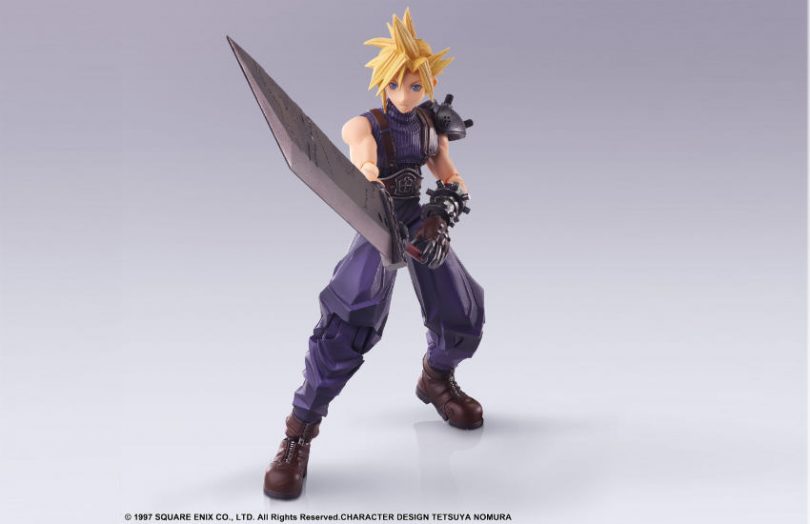Video game company Square Enix has announced plans to launch non-fungible tokens (NFTs) featuring its most famous video game, FINAL FANTASY VII. The company is collaborating with Enjin, to release the digital collection on its Efinity blockchain platform. While it is already taking pre-orders, the collectibles will only be released in November 2023.
To commemorate the 25th anniversary of the game, the company is selling physical character memorabilia and trading card collectibles, some of which come with a digital NFT component. In addition to launching image-based NFTs, all the collectibles, including the physical ones, come with a blockchain certificate of authenticity.
However, there is no mention of the digital collectibles being used in-game.
Square Enix has repeatedly reaffirmed its commitment to finding ways of incorporating blockchain and the metaverse into its products, making it part of its business strategy. The company has even sold off its Western game studios for $300 million to double down on investments in the metaverse and other technologies.
Although Square Enix has voiced support for the use of in-game tokens and play-to-earn features, the mainstream gaming audience has not welcomed these concepts. Popular blockchain-based game Axie Infinity has faced much criticism from mainstream gamers for the vulnerabilities in its play-to-earn ecosystem. Game developer Ubisoft’s NFT launch was also met with a backlash by players who want gaming to remain a creative pursuit, not profit.
Regardless of how Square Enix’s digital collection is received, the launch shows its dedication to exploring the possibilities decentralized networks offer for the gaming experience.
“This partnership marks a coming-of-age phase for digital assets and entertainment,” said Enjin CTO Witek Radomski. “By using Efinity, fans can experience interactive NFTs without even realizing they’re on the blockchain.”
As the metaverse expands beyond the domain of crypto enthusiasts, Square Enix’s efforts may be instrumental in launching the company into the Web3 era.






